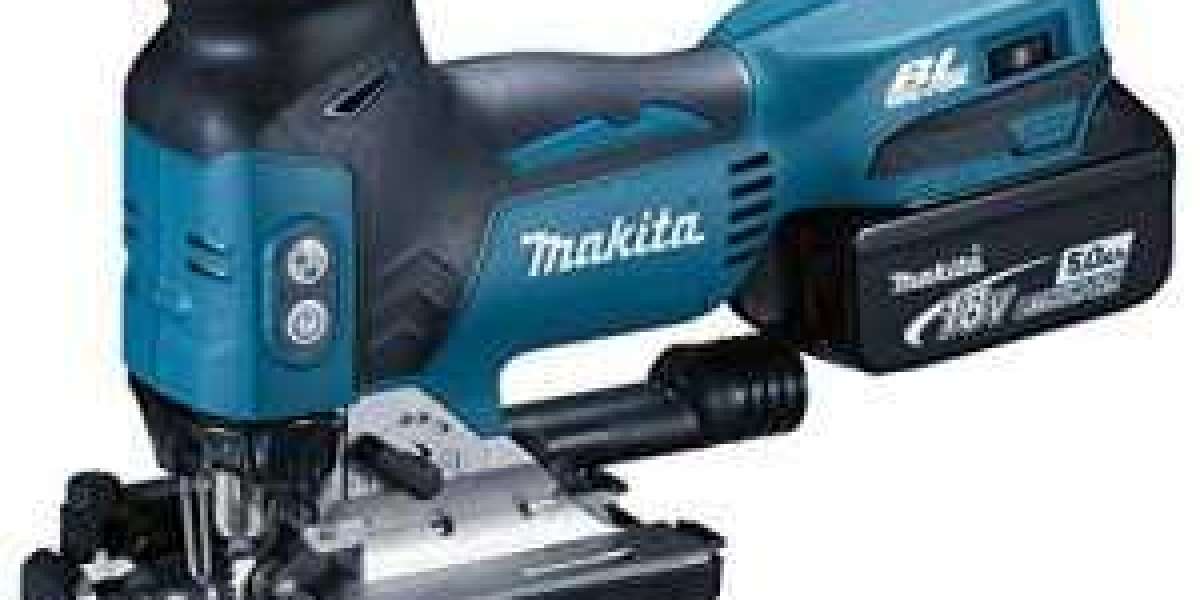In recent years, the adoption of renewable energy sources has surged, with solar power leading the charge. At the heart of solar energy systems lies the inverter, a crucial component that converts direct current (DC) generated by solar panels into alternating current (AC), which is used in homes and businesses. Understanding the role and benefits of a solar inverter can significantly impact your energy consumption and sustainability efforts.

What is a Solar Inverter?
A solar inverter is an electronic device that plays a vital role in solar energy systems. It not only converts DC to AC but also optimises the performance of solar panels. Without an efficient inverter, the energy generated by solar panels would be unusable for most household appliances. Thus, the inverter is essential for harnessing solar energy effectively.
Key Benefits of Using a Solar Inverter
- Enhanced Energy Efficiency: A high-quality solar inverter maximises the energy output from your solar panels. By optimising the conversion process, it ensures that more energy is available for use.
- Monitoring Capabilities: Many modern inverters come equipped with monitoring features. This allows users to track energy production and consumption in real-time, providing valuable insights into energy usage patterns.
- Grid Compatibility: Solar inverters enable your solar system to connect to the grid. This means that any excess energy generated can be fed back into the grid, potentially earning you credits or payments.
- Increased Lifespan of Appliances: By providing a stable and consistent power supply, a solar inverter helps protect your electrical appliances from voltage fluctuations, thereby extending their lifespan.
Types of Solar Inverters
Understanding the different types of solar inverters can help you make an informed decision. The main types include:
- String Inverters: These are the most common type, connecting multiple solar panels in a series. They are cost-effective but may be less efficient if one panel is shaded.
- Microinverters: Installed on each solar panel, microinverters optimise energy production individually, making them ideal for installations with shading issues.
- Power Optimisers: Similar to microinverters, power optimisers are attached to each panel but still connect to a central inverter. They enhance performance while maintaining a lower cost than microinverters.
Choosing the Right Solar Inverter
When selecting a solar inverter, consider factors such as efficiency ratings, warranty, and compatibility with your solar panel system. It is advisable to consult with a professional installer to ensure you choose the best option for your specific needs.
In conclusion, the integration of a solar inverter into your energy system can significantly transform your energy consumption. By enhancing efficiency, providing monitoring capabilities, and ensuring grid compatibility, a solar inverter not only supports sustainability but also contributes to long-term cost savings. Embracing this technology is a step towards a greener future.








